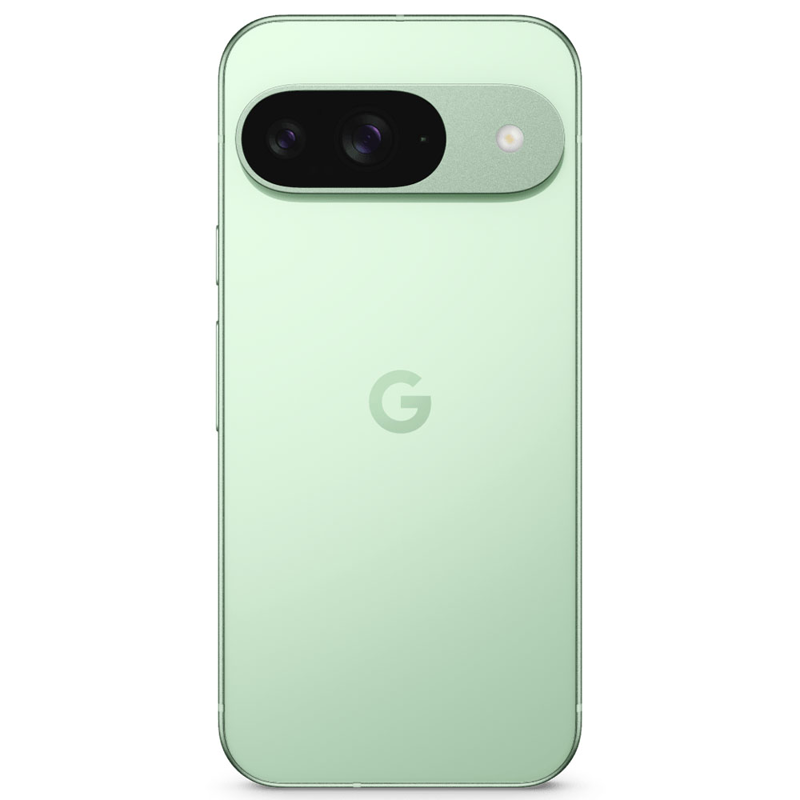


Das Google Pixel 9a, das im März 2025 auf den Markt kam, betritt die Mittelklasse-Smartphone-Arena mit einem kühnen Versprechen: Funktionen auf Flaggschiff-Niveau zu einem erschwinglichen Preis zu liefern. Mit einem Preis von 499 US-Dollar zielt es darauf ab, mit Schwergewichten wie dem Apple iPhone 16e und dem Samsung Galaxy A56 zu konkurrieren und gleichzeitig Googles Ruf für herausragende Kameras und saubere Software zu wahren. Nach wochenlangen Tests bin ich beeindruckt von der Balance aus Leistung, Akkulaufzeit und KI-gesteuerten Funktionen. Aber stellt es seine Konkurrenten auf dem überfüllten Mittelklasse-Markt 2025 in den Schatten? In diesem detaillierten Test werden die Spezifikationen, die Leistung und das Wertversprechen des Pixel 9a untersucht, um festzustellen, ob es sich lohnt, es zu investieren.
|
Feature |
Specification |
|
Display |
6.3" Actua P-OLED, 120Hz, 1080 x 2424 pixels (~422 PPI), 2700 nits peak brightness |
|
Processor |
Google Tensor G4 (4nm) |
|
RAM |
8 GB |
|
Storage |
128 GB / 256 GB (non-expandable) |
|
Main Camera |
Dual: 48MP (wide, f/1.7, OIS, EIS), 13MP (ultrawide, f/2.2, 120° FOV) |
|
Selfie Camera |
13MP (wide, f/2.2, 96.1° FOV) |
|
Battery |
5100 mAh, 23W wired charging, 7.5W wireless charging |
|
Operating System |
Android 15 |
|
SIM Support |
Dual SIM (Nano-SIM and eSIM) |
|
Connectivity |
5G (sub-6GHz), Wi-Fi 6E, Bluetooth 5.3, NFC, USB Type-C 3.2 |
|
Build & Design |
Aluminum frame, 81% recycled plastic back, Corning Gorilla Glass 3 |
|
Dimensions & Weight |
154.7 x 73.3 x 8.9 mm, 186 g |
|
Audio |
Stereo speakers, noise suppression, no 3.5mm jack |
|
Colors |
Iris, Obsidian, Peony, Porcelain |
Google ditched the camera bar for this oval thing that just melts into the back. It’s less wobbly, which is nice, but also, it’s kinda boring. The matte, recycled plastic doesn’t pick up fingerprints, but if you’re hoping to flex your phone, this ain’t it. At least it’s got an aluminum frame, and the IP68 rating means you can drop it in the sink and not cry. Color options? Iris (a sort of chill purple), Obsidian, Peony, and Porcelain. Iris is the wildest, and it’s still pretty subtle.
It’s sharp, bright (2700 nits!), and the 120Hz refresh rate makes scrolling feel buttery. Is it as bright as the Huawei Pura 80 Ultra? Nope. But it spanks the iPhone 16e, so Google can brag about that. One thing—bezels are kinda chunky, which gives off budget phone vibes. Not a dealbreaker, but c’mon Google, it’s 2025.
The 48MP main and 13MP ultrawide are classic Pixel: detailed, vibrant, nails it in low light. Night Sight, Astrophotography, Macro Focus—Google’s throwing everything in but the kitchen sink. Selfies look good, and you can shoot 4K video. AI features like Magic Eraser and Photo Unblur are neat, but sometimes you wait a few seconds for processing. Just enough time to question your life choices.
Here’s the thing: the 5100 mAh battery is a beast. I literally went a day and a half between charges, and that’s with heavy use. But, and this is a big but, charging is slow. Like, I’d start charging and forget about it. No charger in the box, too, which is just classic 2020s phone nonsense.
Tensor G4 chip, same as the Pixel 9. It’s fast. Opens apps quick, no lag for normal stuff, games like Genshin Impact run decently (medium settings though, don’t get cocky). It gets a bit warm if you push it, but nothing scary. Not as beastly as the iPhone 16e, but honestly, you probably won’t notice unless you’re a benchmark nerd.
The Google Pixel 9a is a compelling mid-range contender that punches above its $499 price tag. Its exceptional camera, long battery life, and clean Android experience make it a strong alternative to the pricier iPhone 16e ($599) and Huawei Pura 80 Ultra. The vibrant display and seven-year update commitment add significant value, ensuring longevity. However, slow charging, the lack of a telephoto lens, and a less premium plastic back hold it back against competitors with faster charging and more versatile cameras. For Android enthusiasts seeking a budget-friendly yet feature-rich smartphone, the Pixel 9a is hard to beat, but those prioritizing design or zoom capabilities may look elsewhere.
The overall rating is based on reviews by our experts
Noch keine Bewertungen
|
How Is the Design? |
|
|
How is the Display? |
|
|
How is the Camera? |
|
|
How are the Features? |
|
|
How is the Connectivity |
|
|
How is the Usability? |
|
|
How is the Performance? |
|
|
How is the Battery Life? |
Keine Preise verfügbar